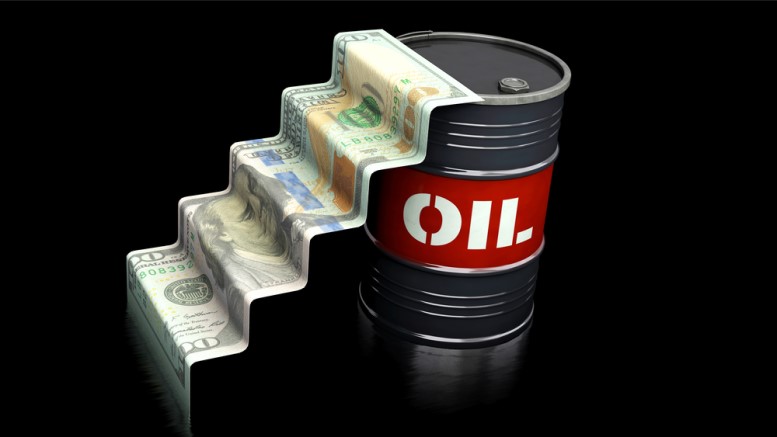In the last two weeks, crude oil prices have slipped, and concerns about recession continue to grow, as judged by some commentators. The benchmark for Brent crude is currently at US $109.11 as it gets down from US $123.5B/bbl, just a little more than what it was two weeks ago. This was due to a steep plunge that happened on Wednesday. This was after Christian Sewing, the chief executive officer of Deutsche Bank, told Bloomberg that there was a 50% chance of global recession. At the same time, Kristin Bitterly, the head of Citi’s Capital Market, predicted a 40% decline going into 2023.
These speculations about the global recession affected the price of crude oil. Philip Lowe, Governor of Australia’s Reserve Bank, was cautiously optimistic as he explained that the Central Bank did not think the country would go into recession because of Australia’s strong fundamentals. He also mentioned that it might take years before inflation is controlled. It should also be expected that in the bid to rein in inflation, Central Banks across the globe may tighten monetary policies and increase rates.
The major impact of this recession would be lowering consumer demands for oil which will, in turn, give supply a chance to catch up with oil’s high demand. US Federal Reserve chief Jerome Powell revealed that the US diesel demand would be reduced to 600,000 barrels per day due to the slow economy. This will lower the price of oil, which is one of the key reasons for inflation this year.
There are other factors that might make the price of oil rise again. One of these is if Russia completely suspends gas supply to Europe. While the supply of gas to Europe is also reduced, a total suspension could drive up the oil demand. However, the increase in price that this move will cause might not last as the global recession that will likely follow will drive down the oil demand.
Featured Image: DepositPhotos © pictograph Depositphotos_564224194_S










